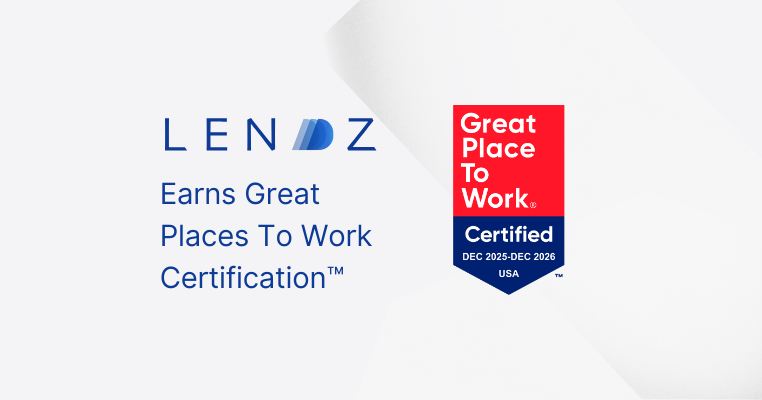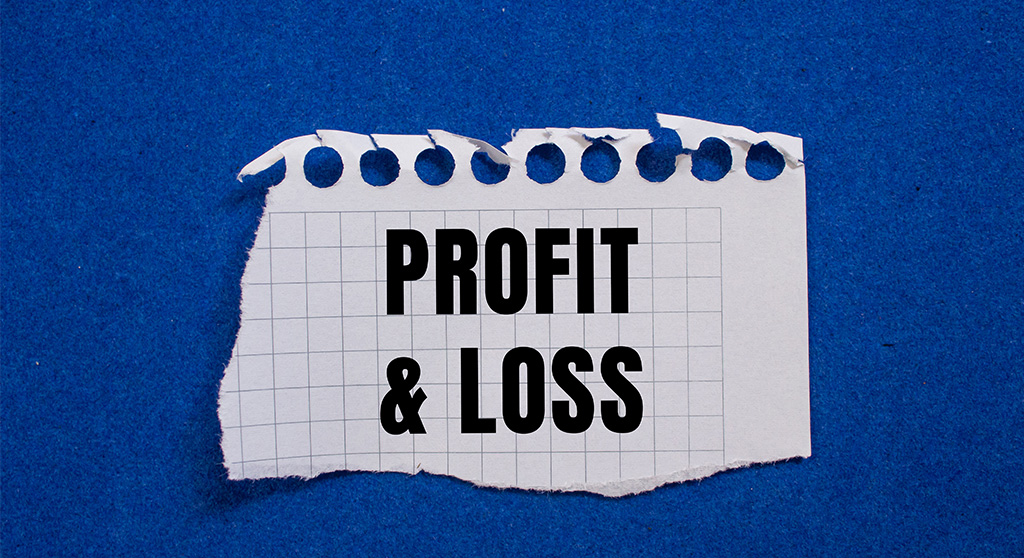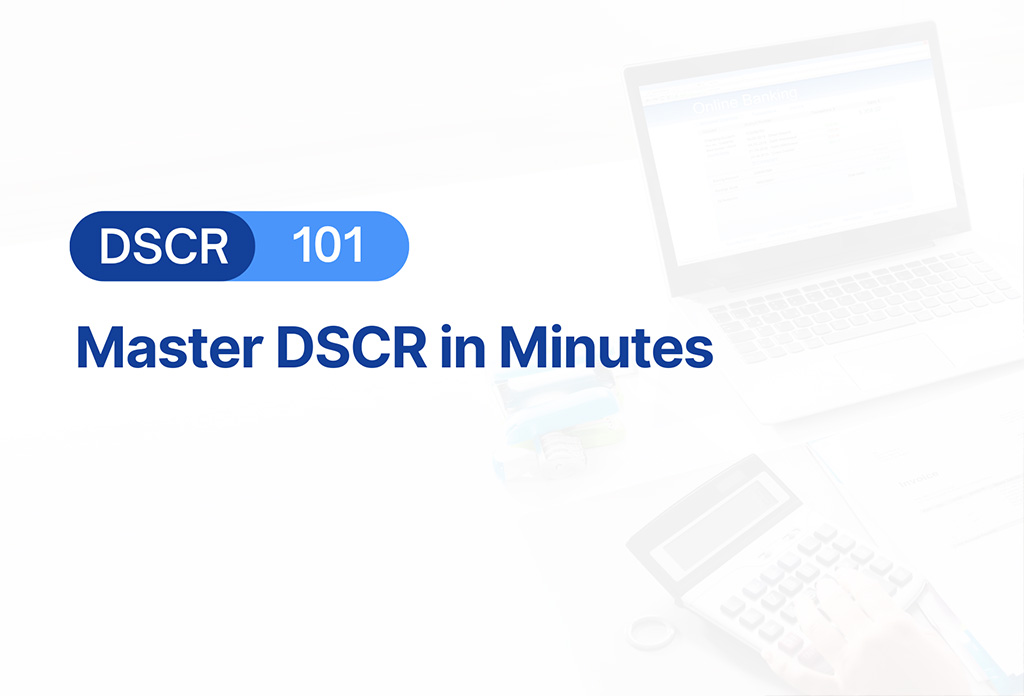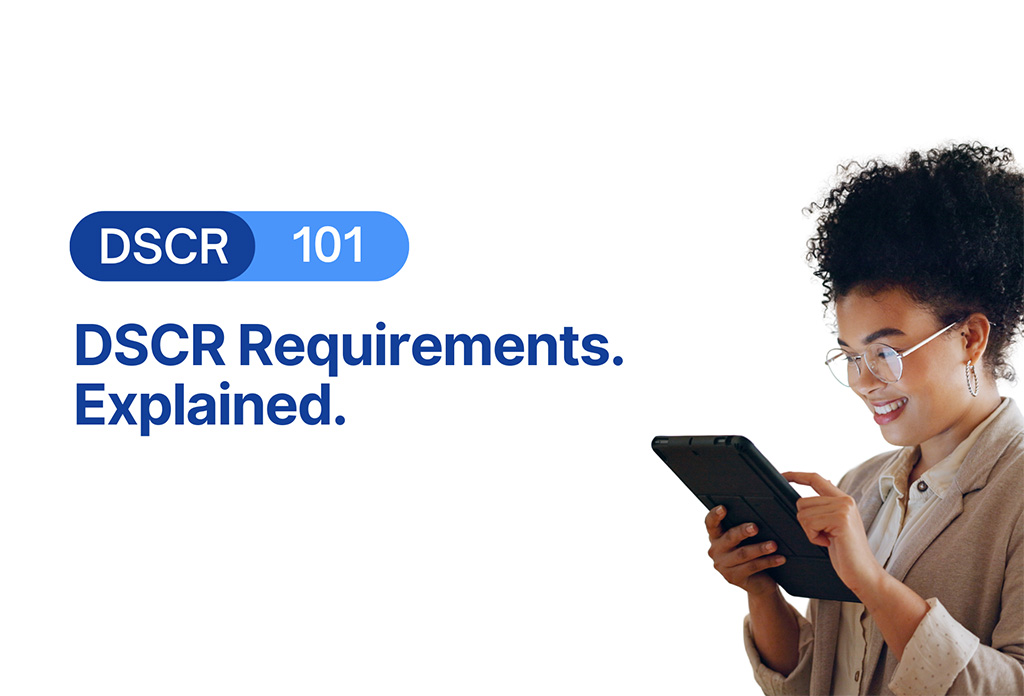The real estate market has become one of the most active zones for rental property investments. From affordable home values to high rental demand, more investors are exploring long-term strategies in the region. One tool that continues to gain traction is the DSCR loan.
A DSCR loan option can help real estate investors finance 1–4 unit rental properties without traditional income documentation. However, understanding the DSCR loan requirements is key to using this strategy effectively.
What is a DSCR Loan?
A DSCR loan, or Debt Service Coverage Ratio loan, is a type of non-QM loan designed for rental property investors. Instead of relying on the borrower’s personal income or employment records, lenders look at how much rental income a property produces. The goal is to determine whether the investment property generates enough income to cover the mortgage and related expenses.
The DSCR is calculated by dividing annual rental income by annual debt obligations. If a property earns $48,000 per year and the total annual debt (including principal, interest, taxes, insurance, and HOA fees) is $40,000, the DSCR is 1.2. That means the property generates 20% more income than it needs to cover its loan obligations.
Why Investors Use DSCR Loans
DSCR loans are popular among real estate investors because they allow qualification based on property performance instead of personal income. Many investors find this especially helpful when they are self-employed, own multiple rental properties, or have non-traditional income sources that are harder to document.
Since these loans rely on rental income to determine eligibility, borrowers can grow their portfolios more quickly without being limited by tax returns or debt-to-income ratios. This flexibility makes DSCR financing a practical option for both new and seasoned investors who want to scale efficiently.
Understanding DSCR Loan Requirements
When applying for a DSCR loan, several key elements determine eligibility. These are not based on job history or W-2 income but focus on property-level data and borrower credit strength.
Minimum FICO Score:
A DSCR borrower typically needs a credit score of at least 660. This shows the borrower has a responsible credit history and can manage future obligations.
DSCR Ratio:
Most lenders require a DSCR of at least 0.75. A higher DSCR, such as 1.25 or more, may help investors qualify for better terms, but 0.75 is often the starting threshold for many Non-QM programs.
Down Payment:
Borrowers are required to make a down payment of at least 20%. This gives the lender some cushion and shows that the investor has equity in the deal. While lower down payment options may exist in conventional loans, DSCR loans prioritize the performance of investment properties over the borrower's assets.
Loan-to-Value (LTV) and Loan-to-Purchase Price:
Loan amounts usually go up to 80% of the property’s value or purchase price. Borrowers are expected to contribute the remaining 20% as equity.
Loan Amount Range:
DSCR loans are typically available between $150,000 and $3,000,000. This range supports both small and mid-size portfolio growth.
Property Type:
Only residential 1–4 unit properties qualify for this type of financing. These are ideal for landlords, Airbnb operators, or multi-unit long-term rentals. Commercial properties do not qualify.
Refer to DSCR loans for 5–8 unit options if you are looking beyond traditional 1–4 unit assets.
How DSCR Is Calculated
DSCR calculation begins with a clear look at two numbers: rental income and debt payments. Lenders may use lease agreements or appraisals (such as Form 1007 Rent Schedule) to determine market rent. In some cases, actual rental income history from the past 12 months can be used if documented well.
Debt obligations include:
- Principal and interest
- Property taxes
- Homeowners insurance
- HOA fees (if applicable)
Annual rental income is divided by the annual total of these costs. The resulting number is your DSCR.
Example:
Annual rent: $54,000
Annual debt: $45,000
DSCR = 1.2
This tells the lender that your property brings in 20% more income than the annual expenses tied to the loan.
DSCR Loan Down Payments
Down payments are one of the main factors investors must prepare for when applying for DSCR loans. Most lenders expect at least 20% down. This keeps the loan-to-value (LTV) ratio at or below 80%. The down payment can come from personal funds, business reserves, or sometimes even from gift funds, depending on lender guidelines.
While DSCR loans offer flexibility with income documentation, they do require cash reserves or liquidity. Investors should consider this when planning their deal structure.
What Affects DSCR Loan Terms
Although DSCR loans are based on property performance, several borrower-based and market-based variables still impact final loan terms.
- Credit Score: Higher scores often lead to better pricing or less restrictive loan terms.
- Experience: Real estate experience may help secure stronger terms, especially for multi-property portfolios.
- Market Conditions: Rates and terms shift based on local property values, national repo rates, and investor appetite for non-QM products.
- Property Type: Single-family rentals, duplexes, triplexes, and fourplexes can all qualify. However, vacation rental income may need extra review.
Borrowers with stronger DSCR numbers and cleaner credit histories may receive better pricing even if they fall into the same program.
Using DSCR Loans to Scale Rental Investments
DSCR loans are popular for short-and long-term rentals because they allow investors to grow without being limited by income caps or debt-to-income ratios.
Once a property qualifies based on its rental income, the borrower’s personal tax returns are not needed. This opens the door for serial investors, Airbnb managers, and landlords growing their portfolios to move more quickly. It also removes the delays often tied to conventional underwriting reviews.
DSCR loans also make refinancing easier when rental income rises over time. Investors can often tap into improved DSCR ratios to refinance into better terms or access cash-out equity.
Ready To Explore DSCR Loans?
At Lendz Financial, we specialize in residential DSCR loans for 1–4 unit properties. We keep the process simple, guide brokers through every scenario, and deliver fast underwriting, usually within 24 hours. With flexible guidelines and a team that knows how to structure investor deals, we help brokers close faster with less hassle.


.png)





.png)
.png)







.png)
.png)



.png)













.png)
.png)

